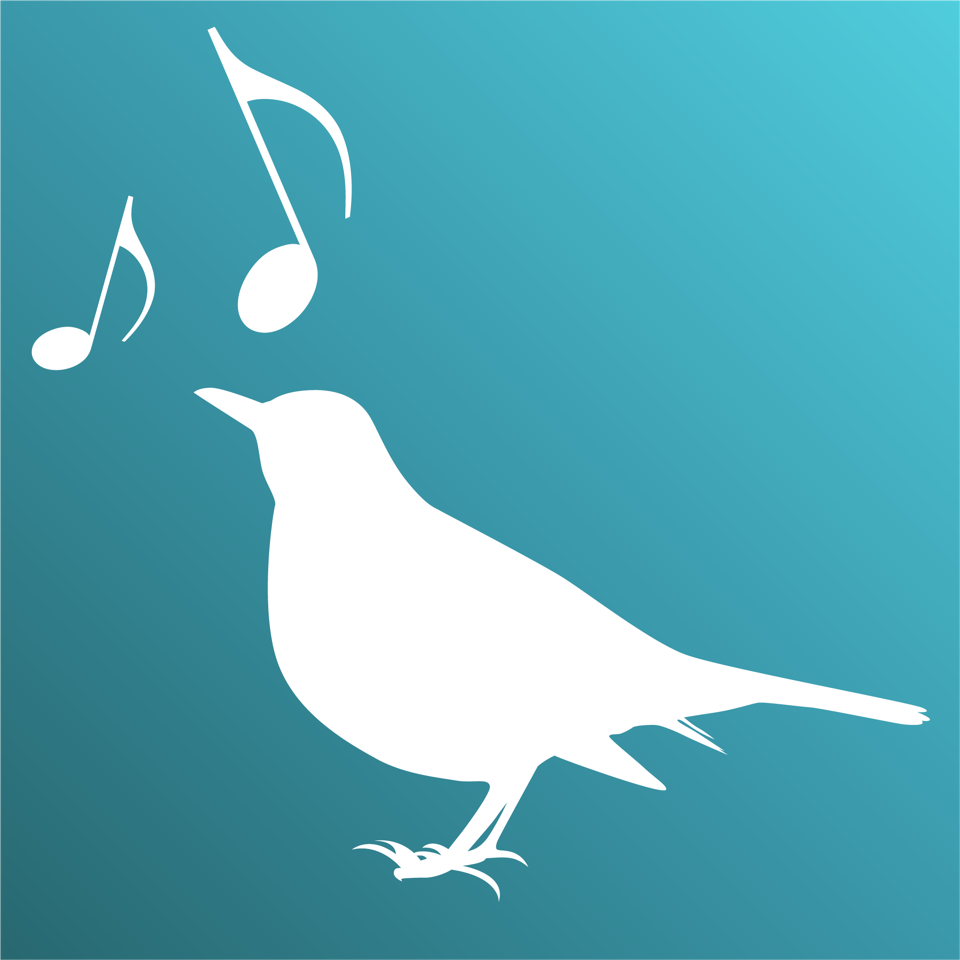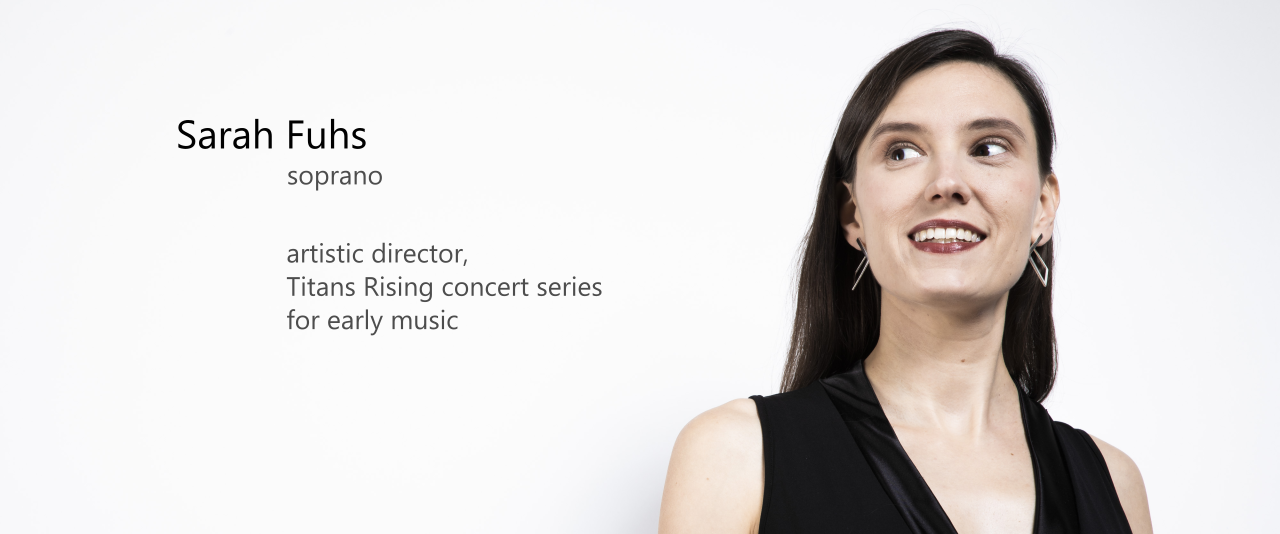Amsel – Build up your Voice app now available for mobile devices!
Did you ever wonder what “blackbird” was in German? Now you can never forget!

What began as a way to improve digital teaching online via Zoom resulted in a viable voice training app that everyone in the English- and German-speaking world can use. The free version for iPhone/iPad and Android devices is now available! Check the amselapp.com website for the right link for your smartphone. Thanks to the grant from the German project Neustart Kultur, coordinated by the Deutscher Musikrat, my new app remains free to all users around the world until January 2022.
It’s wonderful news! And still, my head is spinning. If you had told me in January 2020 that I would develop an app for vocal technique, I’d probably look at you as if you had just told me that you live on the moon. The strange and unforeseen circumstances of living through a pandemic also forced a new way of thinking, a new way of problem-solving. Necessity is the mother of invention. Or, to follow in the clichés, when one door closes, another one opens.
So hackneyed as the saying is, I never looked into the origin of the phrase until just now. It turns out that it comes from the 1605 work Don Quixote (don’t be like me in high school saying “quicks-oat,” it’s Ki-hoh-tay). It’s one of those classics that I owned and had sitting on my bookshelf in several homes and apartments across different cities, always intending to read it and never getting around to it (much like One Hundred Years of Solitude, War and Peace and Anna Karenina…).
A peek inside the two worlds of Miguel Cervantes’ Don Quixote
For the purpose of sharing some thoughts with you, I relied on an old high school trick to get the job done: cliff notes! Except now after so many years of learning about the music, art, politics and culture of Europe around this time, I see so much more going on behind the scenes than my 16-year-old self ever could have. Spain was seemingly on top of the world in the 16th century, with (stolen) riches from the New World pouring in – that much was in the cliff notes. (This is also the golden age of Spanish vihuela Renaissance music, not coincidentally.) But as I read on about the prevalent themes in the novel – old-fashioned, medieval chivalry and popular knights’ tales vs. the confusing, loud modern world in which nothing could be certain anymore – I recognize a theme all too familiar with our own era, namely of a tension caused by a fast-changing culture that was sweeping through the entire continent.
As Martin Gurri notes in his 2014 book The Revolt of the Public and the Crisis of Authority, the invention of Gutenberg’s printing press in 1440 shocked the medieval world to its core. The invention of mass communication coupled with printing in vernacular languages meant an immense upsurge in literacy, which was a direct threat to the authoritative scholasticism of the middle ages. If knowledge is indeed power, then those who ruled comfortably hoarding their knowledge – predominantly in the Latin language – were about to witness an awakening. An “awakening” on the scale of Eve-in-the-garden-with-the-talking-serpent awakening. And so the humanist enlightenment was born, the effects of which can be seen in every discipline.
With the gates of knowledge thrown wide open, advancements in science were made, even if still at great risk of hefty opposition. Just imagine Nicolaus Copernicus (1473-1543) going up against the entire centuries-old (Catholic) church institution with his heretical view – or what we now call common knowledge – that the earth was NOT the center of the universe, but rather the sun was. Even the very old foundations of the church were shaken as people from all walks of life began to read and translate the Bible and to form their own interpretations about what it meant to be a good Christian. (Hint: not by paying hefty indulgences to get into heaven!) Miguel Cervantes shows with his writing how the poor satirical hero Don Quixote can’t seem to square the old world with the new.
 |
The new era is confusing for Don Quixote: right seems wrong, wrong seems right. The medieval way of chivalry is so much more straight-forward: simply lead a life of virtue and do good deeds – that’s the noblest aim. Could it be the world that had gone mad, and he was the only one still making any sense? With all of the old, authoritative establishments challenged and up-ended, there was suddenly no telling who was in possession of the truth, and Cervantes’ style of story-telling presents exactly this dilemma: who should you believe?
Sound familiar? Gurri makes the point that the invention of the printing press was the single most disruptive event in history – until the advent of the internet. Post-modernism wed with the 21st-century version of the printing press (except 1000 times more disruptive) paved the way for the “post-facts” era. Our traditional, authoritative “sense-making” institutions no longer have the ear of the people, for seeming to lack credulity in this new age of knowledge. Today more than ever it seems that narrative is everything, and with everyone speaking their own truth, who should you believe? Is the concept of a shared reality a “Don Quixote” thing of the past? Or has the world gone off the rails?
That was a long dive into the rabbit hole of “When one door closes, another opens.” Now, who wants to read Don Quixote with me? Let’s not forget to take 6 minutes to work out our voices in between chapters!
That was a REALLY long roundabout way of saying: check out my new Amsel app for smartphones! Free to use with no paywall until January 2022–
